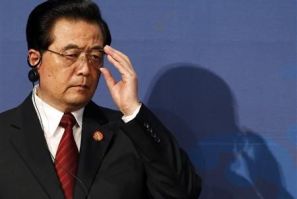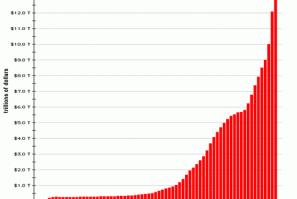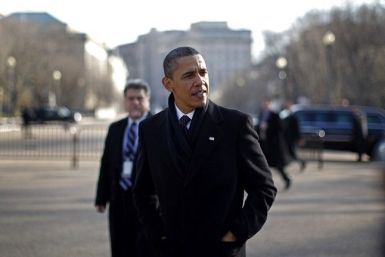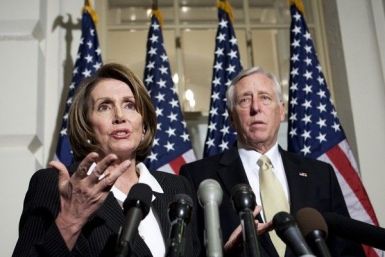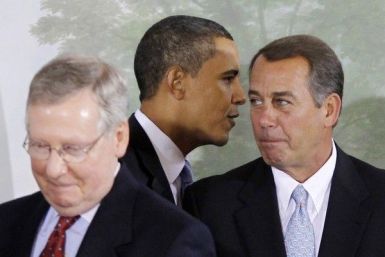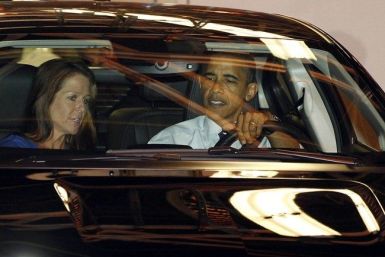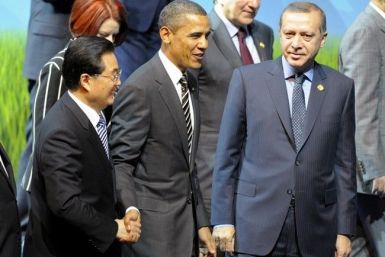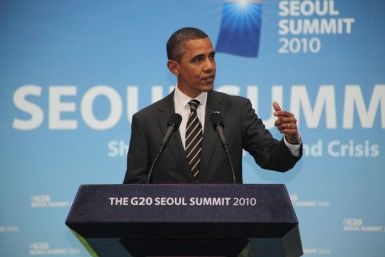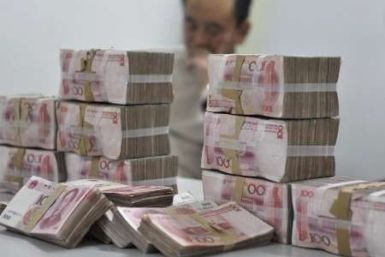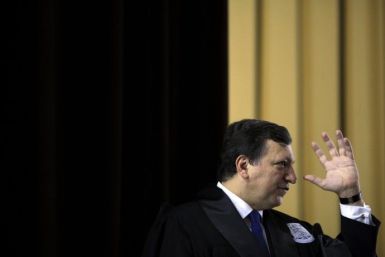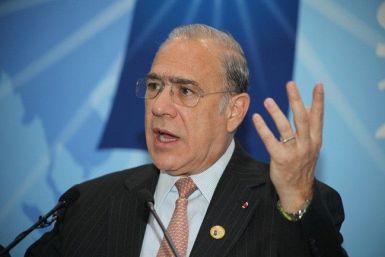With American businesses holding nearly $2 trillion on their books, President Barack Obama said on Wednesday that a meeting with corporate executives of 20 of the largest U.S. companies will help elicit a variety of ideas to grow the economy and boost jobs amid an anemic recovery.
While negotiators for both political parties worked behind the scenes to hammer out a deal on extending the Bush-era tax cuts and, possibly, unemployment insurance, House Democrats pushed through a measure that would extend the tax cuts for individuals making less than $200,000 and married couples making less than $250,000.
The American people did not vote for political gridlock in Washington, according to President Barack Obama who today met with Congressional leaders from both parties to discuss what they consider the main components of the national agenda.
The U.S. government may take a loss on its $49.9 billion investment in the company if the share price remains at its $33.
A major question emerging here in Seoul on the final day of the G-20 Summit, as world leaders personally powwow on global dilemmas, is this: Can the U.S. and China play nice?
U.S. President Barack Obama said the G20 economies have been successful in putting the world economy back on the path of recovery, but admitted that the progress was not fast enough as expected, especially in creating more jobs.
Moody's Investor Service upgraded China's 3 big policy banks and Chinese government's bond rating to Aa3 from A1.
G20 leaders say they want nations to coordinate economic policy, but even the host country is looking out for number one.
Angel Gurria, Secretary- General of the Organization for Economic Cooperation and Development, an organization consulted by the nations of the world, including most of the nations of the G-20, put the very complex matter of what the G-20 is attempting to do at its summit in Seoul this week, in simple and precise terms.
China is not too pleased with America's plan to inject more capital into its economy in the form of a second round of quantitative easing.
Behind the scenes, China and the U.S., two major combatants, may already have already struck an agreement, said Douglas Borthwick, head trader of Connecticut-based Faros Trading.


